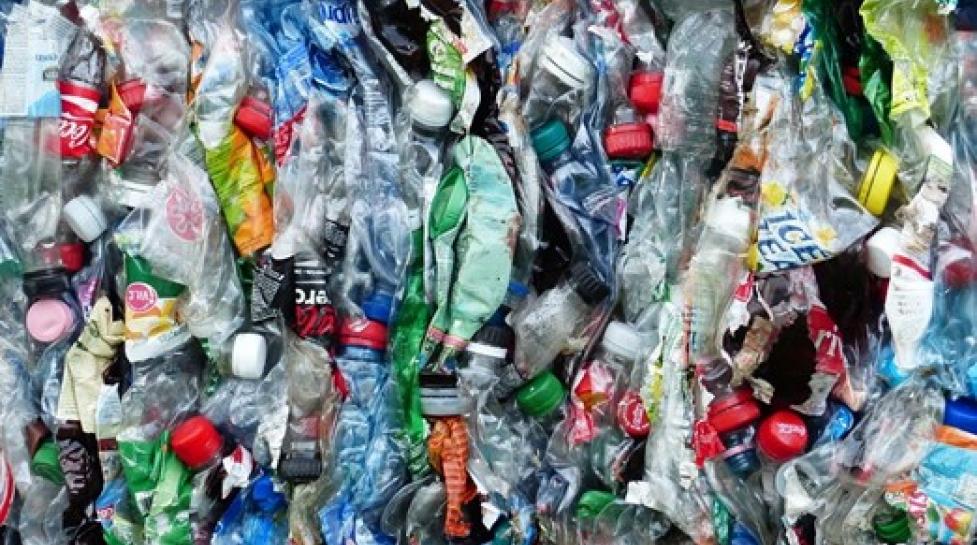New data highlights pandemic-driven commercial-to-residential shift in city’s waste generation.
Holiday Closures
In observance of the Presidents Day Holiday on Monday, Feb. 16, the City of Boulder is adjusting its operations schedules.

Waste not, want not: In 2020, 53% of Boulder’s residential waste leapfrogged the landfill.
Media Contact
Rebecca Harris Sullivan
harrissullivanr@bouldercolorado.gov
303-441-4367
Over the past year, many of us traded conference rooms and business casual for Zoom meetings and sweatpants. COVID-19 has had an immense impact on the shape of our day-to-day lives — and that includes the waste we discard and how we do so.
And these societal changes, from how we approached our social interactions to how and where we did our jobs this last year, were reflected within our city’s recently released 2020 waste diversion data. In reviewing the numbers, we observed a major shift in waste generation from the commercial to the residential sector, mirroring our community’s move from office work to working from home.
Drilling a bit deeper, we saw that single-family homes led the circular economy charge, rerouting nearly 60% of their waste from the landfill, while apartments and townhomes showed the greatest margin for improvement with a diversion rate of roughly 47%.
Overall, 53% — more than half of Boulder’s residential waste — was diverted from the landfill last year. These numbers suggest even more reason to rejoice than one might realize at first glance.
“Because many of us traded our ‘office lives’ for remote work this past year, our city’s sources of waste changed correspondingly,” said Sustainability Data and Policy Analyst Lauren Tremblay. “More of our waste was generated inside our homes instead of at the office, and yet the data show that our community still honored, and even expanded, their commitment to recycling, reusing and composting.”
Perhaps unsurprisingly, the data also reflected an uptick in the disposal of one-time-use items, such as masks and cleaning products.
To counter the pandemic-driven, single-use surge, the city launched programs such as a subsidy for sustainable take-out containers. The subsidy both supports community recovery while also helping local restaurants to adopt better materials management during a period of high take-out demand.
Refuse Review
The collection of citywide waste diversion data stems from our community’s commitment to meaningful climate action.
In 2006, the City of Boulder adopted a Zero Waste Resolution and the Zero Waste Strategic Plan, establishing a target of 85% waste diversion by 2025. To benchmark our progress in achieving this important sustainability goal, the city tracks waste diversion data, which quantifies how much waste we generate as a community and how we dispose of it.
Despite the many challenges COVID-19 brought to our doorsteps, our community continued to make positive strides on our path to becoming a zero-waste city this past year:
“We weathered COVID together as a community and are coming out on the other side of the pandemic with an even stronger commitment to sustainability,” said Tremblay. “This is something to celebrate.”
Learn more about Zero Waste Boulder and what you can do to help us achieve our zero-waste goals.